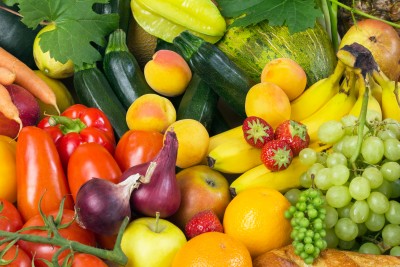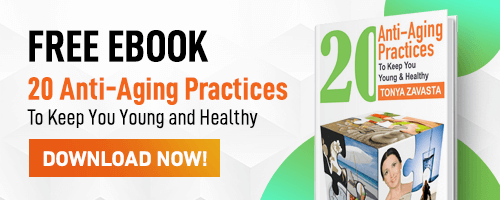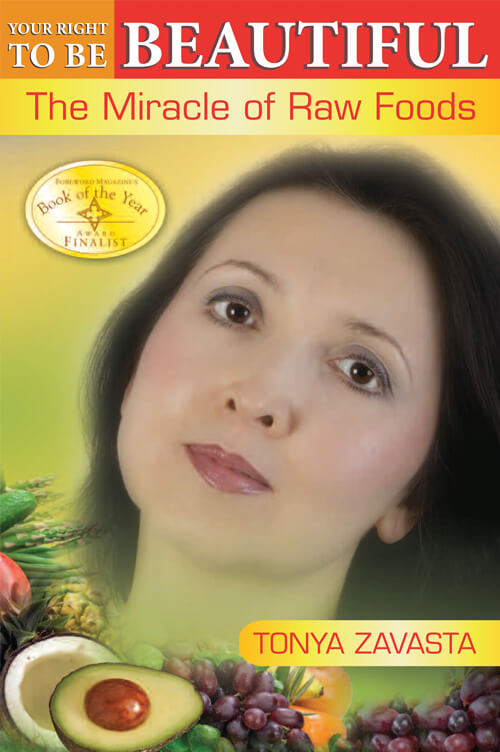How to Overcome an Addiction

Booze, cigarettes, prescription drugs, illegal drugs, even food itself—whatever the substance, each of us knows something, personally, about substance addiction. If it wasn’t we ourselves who lived out that addiction, it was a husband, sister, father, child, friend, colleague.
Addictions present some common features. One of these is the belief that willpower alone can “cure” the addiction: “Oh, I can quit anytime I want to…”
Where There Is One, There’s Bound To Be Others
Another: Addictions often come in pairs or even bunches. The cliché of the smoke-filled Alcoholics Anonymous meeting room, members slurping sugar- and cream-loaded coffee in Styrofoam cups, is founded in reality. (Mind you, most AA meetings have wisely gone non-smoking in recent years.) Equally real is the stereotype of the person who, in quitting smoking, binges and bloats up on fatty comfort foods.
And all addicts, sooner or later, indulge guilt and even self-loathing over their “weak wills.” Even worse, many touched by organized religion describe their additions in terms of outright sin. Addictions are tough business. Guilt, sin, and self-hatred don’t help. Addiction, truth be known, is often an entirely understandable (and sometimes scientifically explicable) response to stress. Substance addiction finds its causal roots in biology, and in both psychological and societal issues.
When Being Socially Accepted Can Make It Harder
In some ways, it’s the socially acceptable addictions which can be the hardest to beat. Heroin isn’t—not in many places, at least—socially acceptable. But cigarettes—especially in the twentieth century, when “everyone” smoked—were socially acceptable, even appealing. (Rising prices and package warnings have had their effect in reducing smoking, but even more so has the fact that smoking increasingly is going out of style.) And then there’s food. What could be more socially acceptable, more ordinary? And even necessary—your body, ultimately, doesn’t need heroin, Oxycontin, nicotine or caffeine, but it surely does need food. Culture and commerce stand ever-ready to load us up, too. Consider that big-league fast-food outfit which now encourages a “Fourthmeal.” Talk about enabling!
Physical And Emotional Dependency
Addiction attacks from two sides, dealing in both physical and emotional dependency. Many addictions start on the psychological side, but interestingly, people who are physically very healthy are much less likely to becoming substance addicts. Physical causes can come into play, such as the common problem of “low energy,” causing people to turn to caffeine. The same is true of allergies, blood sugar imbalances, and improper blood-pH levels to name a few. The trouble is these very addictions themselves rob people of the energy and nutrient reserves they need to stay healthy, tightening the downward spiral of dependency.
Addiction never ends with rehab or detox—not really. The recidivism rates of every addiction prove this point. Ex-smokers start again. Retired booze hounds fall of the wagon. Former fatties binge. Intelligent, watchful addicts know this and hence the commonly heard phrase: “I’ll die with the disease, but, God willing, I’ll not die of it.”
Even after rehab or detox, even after setting him- or herself up with the right emotional support, a person must make life-long behavioral changes. What’s more, they must do something to address the underlying health issues that drove them to seek out whatever first attracted them to the addictive substance.
Cooked Food Addiction?
Let’s get back to food for a moment. Most people don’t give it a second thought, but have you ever considered that cooked food may be the biggest addiction going? It’s certainly the most universal. Cooked food is one cause of some of the physical imbalances that leave people sick and depressed enough that they reach for something to cope. Hamburgers and french fries not only cause obesity and disease, but actually help create addictions, thanks to their destructive nature—see my blog article “Cooked Food Addiction”.
Look to Raw Foods

So where’s the truth, and where’s your hope? The biggest part of my answer: A raw foods diet could be one of your best allies in winning the addiction war no matter what your poison.
A raw food diet is cleansing, which means that it helps the body release years of built-up residues that keep you battling cravings. It is the ultimate detox! A raw food diet is thoroughly nourishing, delivering all the nutrients a body needs that have been depleted, while also helping the body maintain a proper pH balance—critical for eliminating cravings. A clean body and bloodstream mean a clearer mind—essential for making the best choices in life. No matter what the addiction is, when a person changes over to a raw food diet, they are giving themselves a powerful advantage in overcoming their addiction and staying clean.
If You Must Be Addicted To Something…
Of course, there are good addictions! Personally, I’m hooked on the radiant health, energy and freedom that a raw food diet has helped me attain. I’m not alone. You’ll find plenty of testimonials online from those who have changed their diet, changed their lives. You can be one of them! Check out my book Your Right to Be Beautiful to learn about the amazing possibilities of the raw food lifestyle.
Can It Really Work?
You may be asking if merely changing one’s diet can really be the answer. Whatever your (or a loved one’s) addiction, it’s probably caused some bodily damage, ranging from slight to life threatening. Let’s be clear: There’s no “quick fix” in the raw foods lifestyle. (But then, there wasn’t much of a fix at all—not really—in the addiction, was there?) Cures take time. But I’ll guarantee two truths…You’ll be better off than you were—vastly better off, in the long run. What’s more—an assurance every addict needs and wants—you’ll start to feel and see the differences quite quickly indeed. In weeks, even days, once you start your raw foods journey, you’ll begin to feel lighter, healthier, more robust, brighter, more energetic. What’s more, you or your loved one, as an addict, will feel in huge measure the very thing you’ve been aching for all along—hope.
Start your walk today, won’t you? Soon, you’ll be running!

